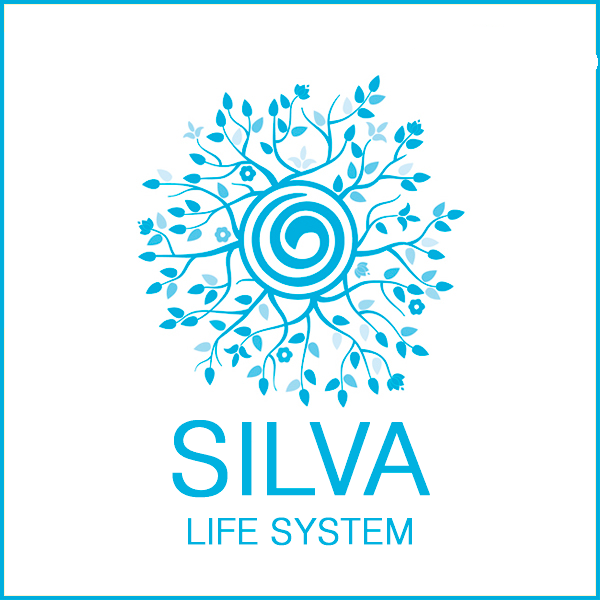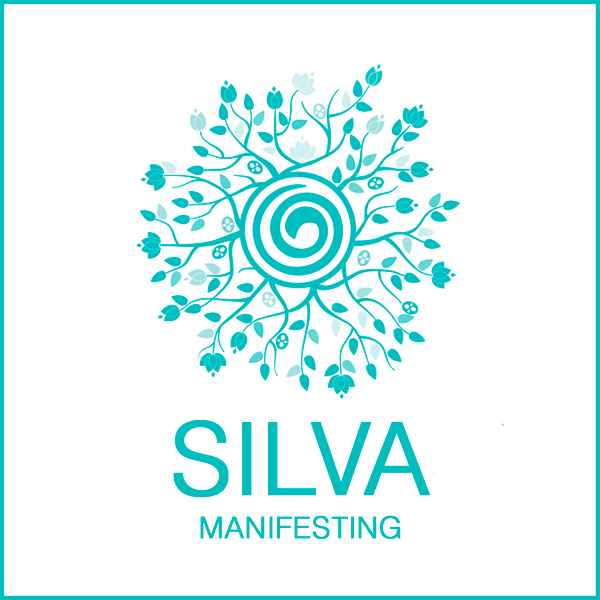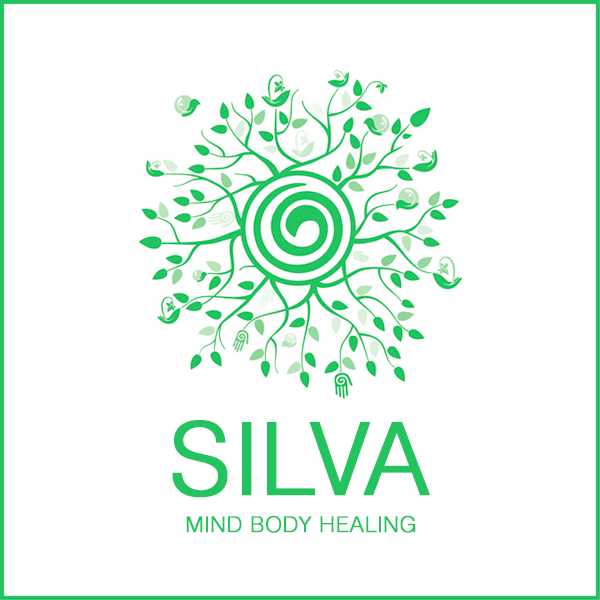Recently, I had a long conversation with a friend about meditation. She had earlier invited me to join her in attending a six week meditation course. “No, thanks,” I replied, “I think my own meditation is sufficient.” She looked at me as if I were crazy.
Over the years, she had revealed parts of her life that all boiled down to her being a very uptight, nervous person. I realized one day that I could not recall ever having seen her just kick-back and relax. She doesn’t share her life with me – she reports it. The notion of just doing nothing over a weekend is beyond her. She has a container filled with brochures of events going on around town and she uses it.
After she completed the course, she set out, with evangelical fervor, to tell me how I should meditate, implying that what I considered meditation simply was wrong. That I wasn’t “doing it right.” I listened to her and learned how she had been taught breathing exercises, stretches, techniques to reach other levels of meditation, etc. It all sounded wonderful. I respected what she was telling me and I was happy that she had discovered meditation and made it a part of her life.
But as the conversation continued, I shared with her some of my own meditative techniques. The fact is, the notion of sitting in a room with others for meditation is a distraction to me. The fact is, when I follow someone else’s techniques, it’s a distraction to see if I’m still on course. The fact is, some of the recommended meditation positions make my hips and legs cramp up. Like I had told her, “my meditation is sufficient.”
“Like what?” she challenged me.
When I take a hike and come over a rise and suddenly am able to view a fresh vista, I breathe in a full breath, hold it, and then release it. I don’t need instructions for this; it is simply my reaction to the beauty of the mountains that I love. When I come home and the dog is waiting for me at the top of the stairs, I scoop her up, hug her and hold her close. I can feel a physical sensation of calm enter me. At these and so many other moments throughout my day, I am meditating.
That is, I am thinking of nothing else other than my present being.
She said, “That’s not meditating, that’s just relaxing for a moment.” She wanted me to sit in a particular position, listen to particular music and go through a particular process to reach different levels of meditation.
And, I loved her for wanting me to experience something that had brought her to a new place of peace in her life. What she didn’t understand or respect, however, was that my life’s journey had allowed me simpler moments of meditation that I have learned to seek and embrace.
She seemed more satisfied when I told her of my nightly ritual. Every night I fill the tub with the hottest water I can stand and slide into it. Starting with my toes and easing the rest of my body into the warmth of the water, I am suddenly aware of every cell of my body as it enters the bath, inch by inch. The lights are either off and I light a candle, or I have a very dim light burning. I stretch out, by body submerged and I breath deeply, focus on relaxing my body and I allow my mind to simply rest. I focus on the nothingness this experience provides me and I allow it to ground me. I never know what it is that signals me (one night I will have meditated for five minutes, another it will be thirty) and I rise out of the water, dry myself, slip into warm pajamas and slide into bed. More often than not, I find that I can’t recall pulling the covers over me – I’ve rested peacefully all night. I believe that taking the time to rest my mind and body each evening allows my soul to also be at rest, and that allows me to enjoy a meditative state naturally.
The look on her face showed her skepticism. Maybe she’s right; maybe what I consider to be meditation is just a form of relaxation. Regardless, stopping your day to give whatever form of meditation you choose a chance is well worth trying.
If meditation is about “being” – then how can you “be” incorrectly?
Better and Better,
Laura Silva Quesada
and the Team
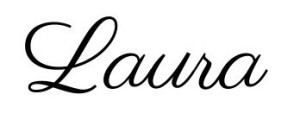
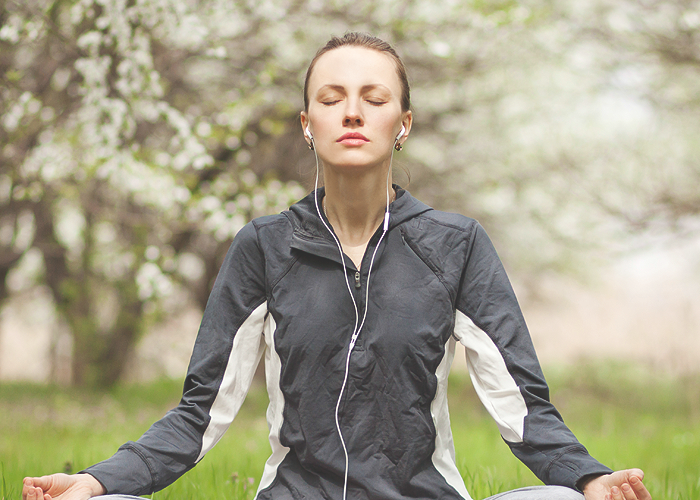
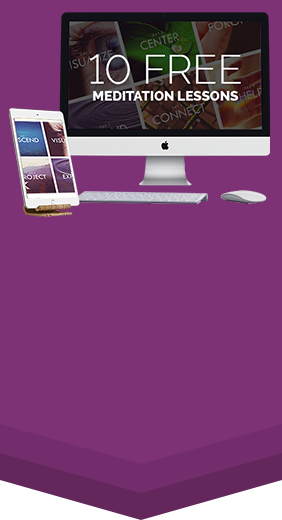
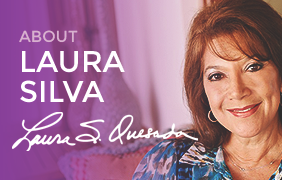 Laura Silva Quesada, daughter of Jose Silva – founder of the original Silva Mind Control Method, she was one of the primary research subjects, which gave her extensive personal experience and insight into the creation, and use of intuitive and life changing techniques.
Laura Silva Quesada, daughter of Jose Silva – founder of the original Silva Mind Control Method, she was one of the primary research subjects, which gave her extensive personal experience and insight into the creation, and use of intuitive and life changing techniques.